Speaking at a CEDA lunch in Brisbane on Wednesday, and reported in the Sydney Morning Herald, economist Ross Garnaut says that the cure for a coronavirus-hit economy sliding into its first recession in 30 years, is for the government to throw money into renewable energies.
Garnaut told the SMH that the country could not stop its slide into a recession, but it could “shape the way we come out of it”. “Even if there was no disruption in Australia from the virus, what has already happened to the economies of our major trading partners is deeply damaging to the Australian economy,” said Garnaut.
The effects of the outbreak are already being felt. South Korean battery manufacturer LG Chem has warned customers of potential shortages after its production facilities closed, and U.S.-owned market intelligence firm Wood Mackenzie has predicted the Chinese battery industry is also likely to suffer from the effects of the coronavirus outbreak.
The coronavirus outbreak in China may have a months-long impact on the Australian solar sector with PV module stockpiles likely to be exhausted soon. After discussing the coronavirus impact with a few key solar panel manufacturers, Solar Juice co-founder and head of supply, Rami Fedda said in a video message on LinkedIn in February that it seemed the impact on the supply chain would most likely cause a PV module shortage.
“The pure economics say right now is exactly the right time for major investment in the industries and infrastructure of the future,” advised Garnaut. “If we get the economics right, this will be a time we focus on investment for the future rather than stimulus that isn’t guided by strategic opportunity.”
Garnaut noted that Queensland is especially well-positioned for this opportunity due to its natural resources of iron, aluminium and other raw minerals. As well as its obvious solar potential, it is, after all, the Sunshine State.
Queensland Energy Minister Anthony Lynham concurred with Garnaut. “I agree entirely with Ross, and he knows I do,” said Lynham, “there is a lot of investment required in a transition into a renewable energy future. You spend now but the benefits come later.”
A new report from financial think-tank Carbon Tracker has found that coal developers risk wasting more than $600 billion due to stubborn resistance to the already cheaper electricity resources provided by renewable energies worldwide. The report finds, in short, that a new coal plant is about as prudent an investment today as a Clydesdale and cart. And yet the Australian government is yet to disavow itself of planned coal projects.
There will always be troughs, and it looks as though we are approaching one, but there is no such thing as an isolated economy anymore, the world will need a road to recovery, and Australia has the renewable resources to pave the way for itself and its neighbours.
This content is protected by copyright and may not be reused. If you want to cooperate with us and would like to reuse some of our content, please contact: editors@pv-magazine.com.



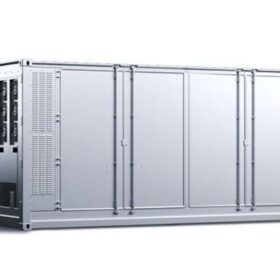
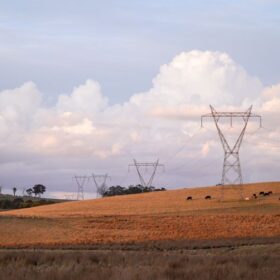
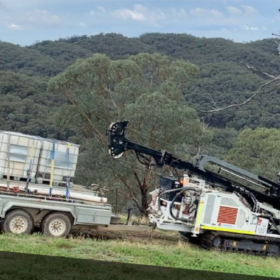
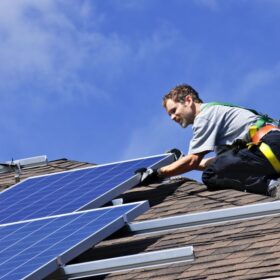
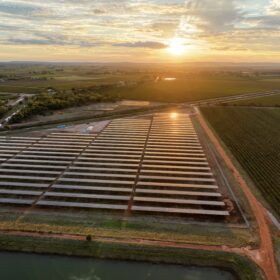
1 comment
By submitting this form you agree to pv magazine using your data for the purposes of publishing your comment.
Your personal data will only be disclosed or otherwise transmitted to third parties for the purposes of spam filtering or if this is necessary for technical maintenance of the website. Any other transfer to third parties will not take place unless this is justified on the basis of applicable data protection regulations or if pv magazine is legally obliged to do so.
You may revoke this consent at any time with effect for the future, in which case your personal data will be deleted immediately. Otherwise, your data will be deleted if pv magazine has processed your request or the purpose of data storage is fulfilled.
Further information on data privacy can be found in our Data Protection Policy.